Pennsylvania: Report reveals "typical" online gambler profile, sheds light on problem gaming

Pennsylvania's online gambling industry has been put under the microscope in anewreport released by Penn State Universityin conjunction with the state Department of Drug and Alcohol Programs, which even created a profile of the “typical online gambler.”
The report, which is in its second year, aims to "[assist] the Department in fulfilling its mission to assess and address how gambling behaviors impact compulsive and problem gambling within the Commonwealth." One of the highlights of the report is the creation of aprofile of the "typical online gambler."
The latest report — which took a look at interactive gambling trends from last year — not only found how about one in 10 Keystone State residents admitted to online gambling within the past 12 months but created a profile of what a common Pennsylvanian gambler may look like.
That profile corresponds to a male in his mid to late 30s, who has a college degree, is employed, and makes more than $50,000 a year. He’s married, white, and living in southwest Pennsylvania; his preferred format is online PA sportsbook apps, and he participates mainly for enjoyment.
The rate of participation in online PA casino apps remained steady from the first year of the study, according to the latest report. In the year leading up to the 2022 study, 67.5% of Pennsylvania adults engaged in in-person (or offline) gambling.
Among online gamblers, sports betting was the favorite format. Of gamblers who wagered online, 54% did sports wagering. That was followed by online slots, which was 33.3%, and online fantasy sports, at almost 32%. The rest of the online legal formats were: online table games (20.8%), iLottery (20.4%), and online poker (15.6%). Participation in offshore gambling was: casino (8.6%), poker (3.6%), and sports (2.3%).
The main reason this "typical gambler" throws the proverbial die is for enjoyment,a reason that the majority of people partake in the pastime (77.3%, to be exact). To make money was only the fourth overall incentive to gamble online, with availability to do it as well as convenience beating it out in third and second, respectively.
"This study further confirmed that engaging in multiple online gambling formats is associated with an increased presence of gambling problems," the report concludes. "This should be addressed through prevention and treatment practices by making the public, and specifically gamblers, aware of the dangers of engaging in multiple gaming formats."
As one strategy, the report suggests that responsible gaming advertisements, instead of banner ads and pop-ups, could be provided “more like television advertisements played before and during online videos.”

In February, BetMGM Pennsylvania Sportsbook was among those joining a campaign to increase responsible gaming messages and their prominence. The operator teamed with GameSense, a responsible gaming program created and licensed to MGM Resorts and BetMGM by the British Columbia Lottery Corporation.







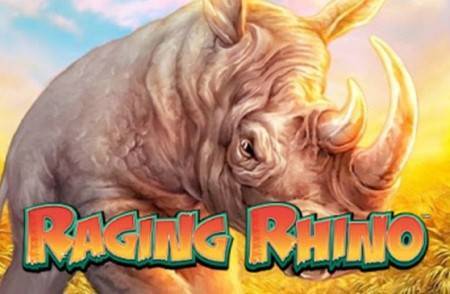






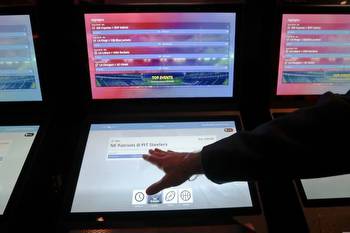





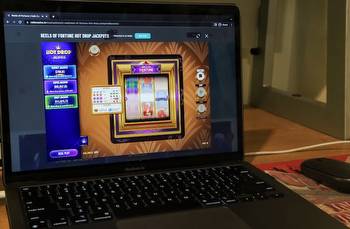




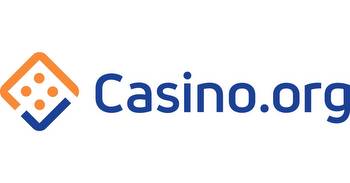

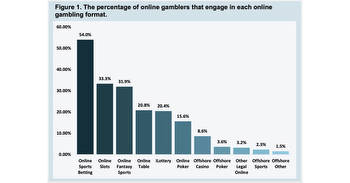
.jpg)



